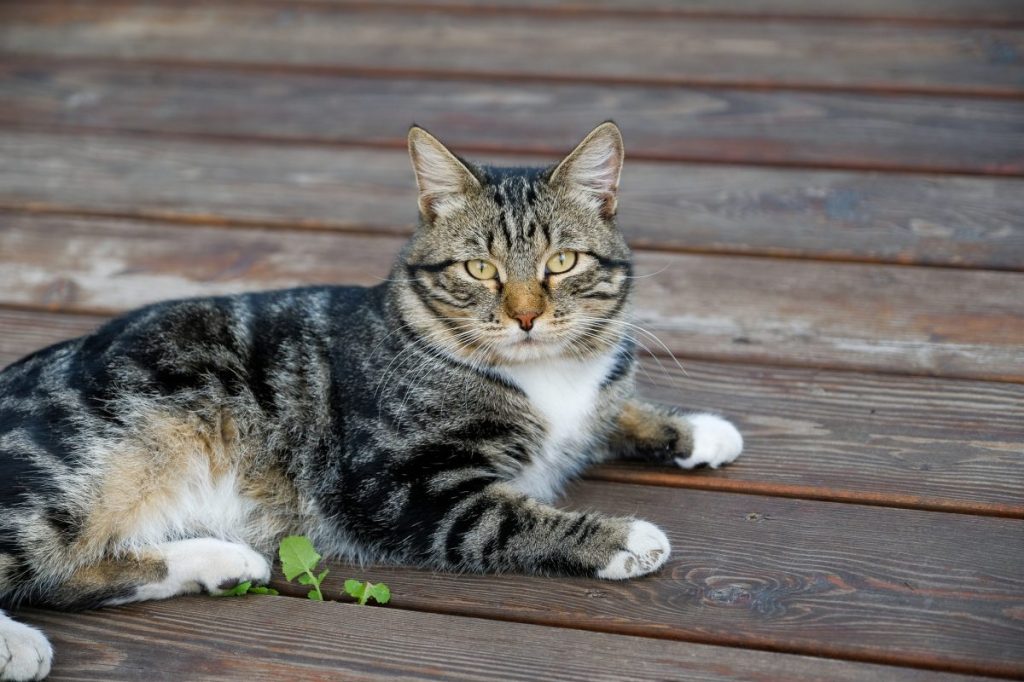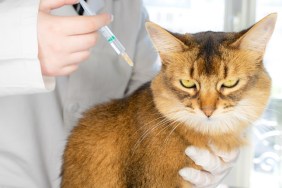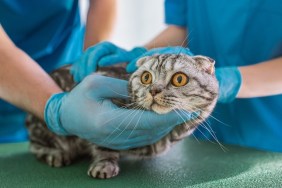A highly contagious and lethal COVID strain — previously responsible for the death of 8,000 cats in Cyprus — has now arrived in the United Kingdom. The variant was identified in a cat who was transported from the Mediterranean island to the U.K., as per The Independent. The animal showed symptoms and was consequently both tested and treated by their owner.
Scientists have labeled the variant as “F-CoV-23” — a new hybrid derived from the current feline and canine coronaviruses. There are no links between the virus and Covid-19.
The coronavirus symptoms include mild lethargy and diarrhea. However, most cats do not exhibit any symptoms, making the diagnosis and treatment process difficult. Nevertheless, a dangerous mutation of the virus — known as the feline infectious peritonitis (FIP) — develops in 10% of the cases, usually resulting in anemia, jaundice, and appetite loss, which can often prove fatal.
Reports suggest the new virus was responsible for an outbreak in Cyprus, potentially leading to over 300,000 cat deaths. In an attempt to contain the spread, Cypriot officials approved the use of human Covid treatments on cats in August.
Scientists identify ‘genetic fingerprint’ linking British and Cypriot cat outbreaks
Researchers from the University of Edinburgh, the Royal Veterinary College, and the Cypriot government identified that the virus found in the U.K. has the “same genetic fingerprint” as the 91 instances in Cyprus. The study — published prior to peer review — warns of a “significant risk” of further spread of the virus.
“This is exemplified by the recent confirmation of a first UK-imported case with further investigations into other cases ongoing,” they said. Furthermore, the study also discovered that the mix of canine and feline coronaviruses — with the cat virus incorporating the dog pathogen’s spike protein — has increased its infectivity.
Cats with FIP induced by coronavirus often exhibit signs of lethargy, fever, abdominal swelling, and inflammation. If untreated, FIP almost always proves fatal, but administering the veterinary medication GS-441524 in the early stages can successfully help combat it. However, this treatment comes at a high cost.
While human COVID drugs like remdesivir and molnupiravir could potentially be effective, current U.K. laws prohibit vets from using these treatments on FIP-affected cats.
Experts state that there is no evidence of the virus spreading in dogs or humans. Moreover, they claim that cat owners currently have no reason to keep their pets indoors or away from other animals.
Lecturers at the Royal Veterinary College — Dr. Alexandros Chardas and Dr. Sarah Tayler — told The Independent that a cat faces minimal infection risk unless the animal has been to Cyprus or has had contact with other cats from Cyprus.
They also stated that the possibility of F-CoV-23 spreading is low, due to the scarce population of stray cats in the U.K. Nonetheless, places such as catteries, pet shelters, pet hotels, and vet practices should stay alert and aware of this emerging virus.









